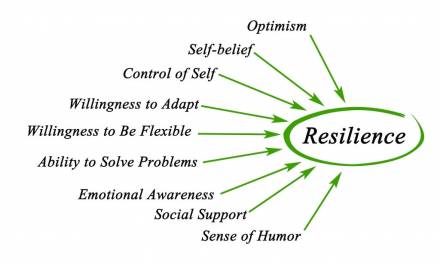According to Apprenticeship statistics for England, in the 2017/18 academic year, 814,800 young people joined an apprenticeship scheme, nearly a quarter of whom were under 19. Any organisation educating young people under the age of 18 has statutory responsibilities under current legislation such as ‘Keeping Children in Education’ KCSIE. Your safeguarding responsibilities are no different than that of a school.
Due to their relative inexperience in the workplace apprentices may be particularly vulnerable to anxiety or struggle to cope with the transition. Systems can help staff recognise this and offer suitable support to those who need it. Organisations offering any kind of apprenticeship or traineeship to young people need to put processes in place to protect their learners.
The latest Ofsted inspection framework states the following;
The provider has a culture of safeguarding that supports effective arrangements to: –
- Identify learners who may need early help or who are at risk of neglect, abuse, grooming or exploitation
- Help learners reduce their risk of harm by securing the support they need, or referring in a timely way to those who have the expertise to help
- Manage safe recruitment and allegations about adults who may be a risk to learners and vulnerable adults.
My latest training ‘safeguarding apprentices’ available at Key to Safeguarding helps organisations explore the following questions;
- Do we have good enough policies and procedures in place?
- Do we understand the risks of our apprentices?
- How are we ensuring that all of our staff are safe to work with apprentices?
- Do we someone coordinating safeguarding across our organisation?
- How are we demonstrating our commitment to the PREVENT duty?
- How are we demonstrating our commitment to British Values?
- Are we adhering to the equality act?
- How are we keeping our apprentices safe online?
Having the answers to these questions will indicate how safe you are keeping your apprentices.
We mustn’t forget that often apprentices spend much of their time with an employer. How are you ensuring that the safeguarding standards are met by your partners?
Read more: Safeguarding is making teachers feel “overwhelmed” and “helpless”
This blog post is written by Milly Wildish, Director of Keys to Safeguarding. To find out more click here.









